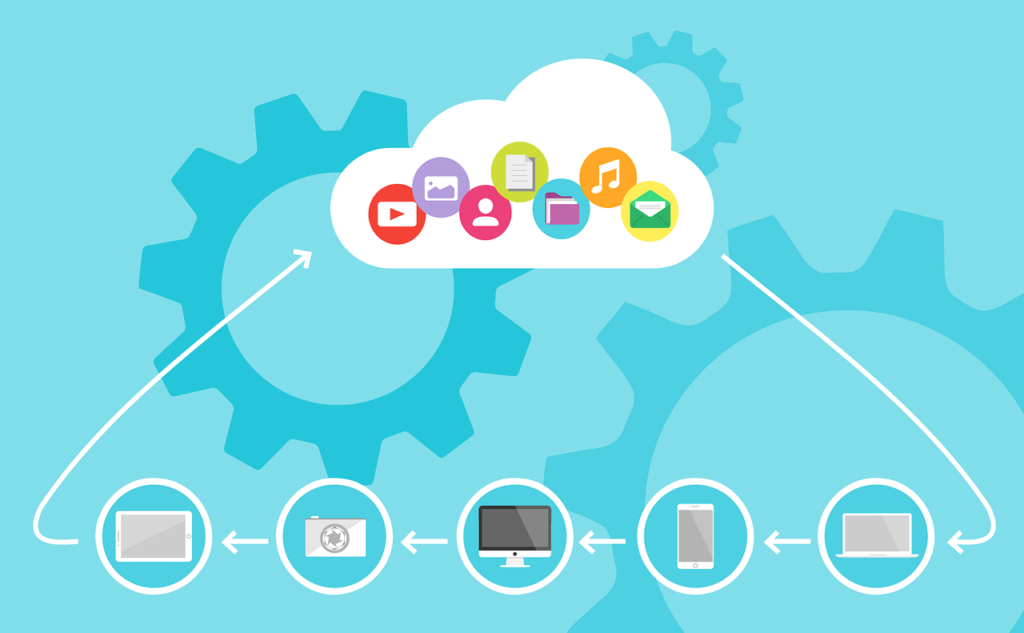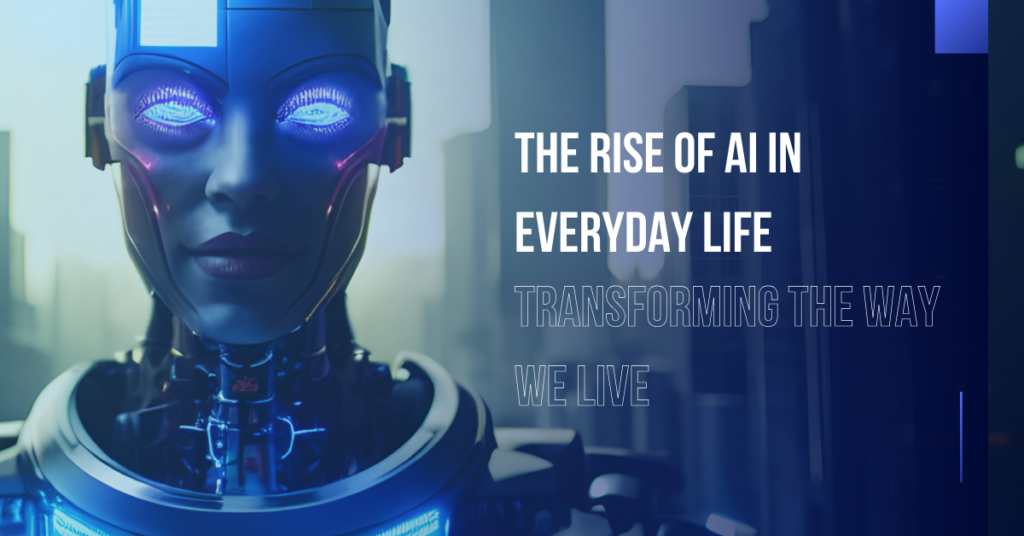Artificial intelligence (AI) is changing many sectors of the economy and our way of life. A number of AI technology developments are beginning to emerge as 2024 approaches, offering the potential to boost capacities, optimize workflows, and elevate user experiences. The main trends in AI technology that you should be aware of this year are examined in this article.
1. Enhanced Natural Language Processing (NLP)
At the vanguard of AI developments is natural language processing, or NLP. By 2024, NLP models should have advanced significantly, making it possible for machines to produce and comprehend human language with greater accuracy. More advanced chatbots, virtual assistants, and customer support systems will result from this.
Applications of Enhanced NLP:
- Customer Support: AI-powered chatbots will be able to handle more complicated requests, increasing user satisfaction and response times.
- Content Creation: Content makers will save time with the development of increasingly sophisticated tools that produce articles, social media postings, and marketing copy.
- Language Translation: Better natural language processing will enable accurate translations in real time, removing linguistic barriers to international communication.

2. AI-Powered Automation
AI-powered automation is transforming industries and improving workflows. Businesses will use AI-driven automation more frequently in 2024 to complete activities like data entry and difficult decision-making.
Benefits of AI Automation:
- Increased Efficiency: By automating repetitive operations, workers may concentrate on more strategic work.
- Cost Reduction: By reducing human error and streamlining processes, businesses can cut down on operating expenses.
- Scalability: AI automation solutions are easily scalable to meet changing business needs as they evolve.

3. AI and Edge Computing
Edge computing, which manages data locally to the source instead of using centralized data centers, is becoming more and more important for AI applications. The integration of edge computing and AI will enable real-time data processing and analysis by 2024.
Advantages of AI and Edge Computing:
- Reduced Latency: There will be improvements in real-time decision-making, particularly in applications such as smart devices and driverless vehicles.
- Enhanced Privacy: By reducing data transit to centralized systems, edge data processing can improve privacy.
- Bandwidth Efficiency: Reducing data transit uses bandwidth, which improves system performance.

4. AI in Cybersecurity
As cyberattacks grow increasingly sophisticated, artificial intelligence is quickly becoming a crucial part of cybersecurity defense. In 2024, businesses will employ AI more regularly to detect and resolve security vulnerabilities promptly.
How AI Enhances Cybersecurity:
- Threat Detection: Large data sets can be analyzed by AI systems to find odd patterns that point to a security risk.
- Automated Response: AI has the ability to automatically neutralize threats, speeding up reaction times and limiting damage.
- Predictive Analytics: Artificial intelligence (AI) can assist companies in proactively bolstering their security systems by forecasting possible threats.

5. Responsible AI and Ethical Considerations
The rapid advancement of AI technology has led to an increasing focus on ethical AI practices. By 2024, ethical concerns in AI development and implementation will be of utmost importance to organizations.
Key Aspects of Responsible AI:
- Transparency: Businesses will concentrate on increasing the transparency of AI algorithms so that interested parties can comprehend the processes involved in making decisions.
- Bias Mitigation: There will be a surge in efforts to lessen bias in AI systems, guaranteeing just and equitable results.
- Data Privacy: Businesses will implement strict data security protocols, giving user privacy in AI applications top priority.

6. AI in Healthcare
AI is having an increasingly positive impact on healthcare by providing cutting-edge solutions for patient care, treatment planning, and diagnosis. More AI-powered healthcare process optimization and patient outcome-improving applications will be available by 2024.
Innovations in AI for Healthcare:
- Predictive Analytics: AI is able to identify health hazards and customize treatment regimens by analyzing patient data.
- Telemedicine: AI-driven systems will improve patient access to virtual healthcare services.
- Drug Discovery: Drug discovery will proceed much more quickly thanks to AI algorithms, which will also save a lot of money and time.

7. AI and the Metaverse
The metaverse is becoming more and more popular as a virtual place where people can communicate. In 2024, artificial intelligence will be vital to improving the metaverse experience.
AI Applications in the Metaverse:
- Personalization: AI is capable of analyzing user activity to generate individualized metaverse experiences.
- Content Creation: AI tools will make it easier to create virtual worlds and characters more quickly.
- Enhanced Interactions: Users will be able to interact with AI-driven avatars in a more realistic and interesting way.

Conclusion
By the year 2024, the field of artificial intelligence technology is changing quickly. These trends, which range from improved natural language processing to the use of AI in cybersecurity and healthcare, are poised to revolutionize various industries and increase our quality of life. Businesses and individuals can use AI technology to spur innovation and growth by keeping up with these trends.
